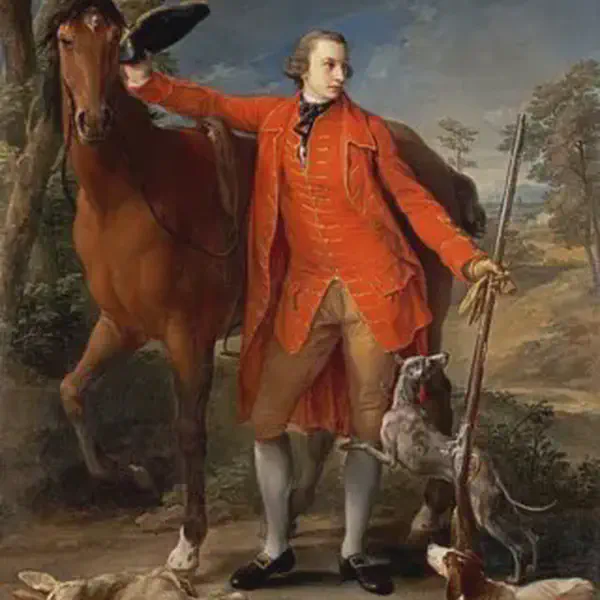
The 4th Duke of Gordon Was Authorized to Raise the Gordon Highlanders
February 10, 1794
The 4th Duke of Gordon, Alexander Gordon, was authorized to raise the Gordon Highlanders, a famous Scottish regiment, in 1794.
Alexander Gordon, 4th Duke of Gordon, KT (18 June 1743 – 17 June 1827), styled Marquess of Huntly until 1752, was a Scottish nobleman, described by Kaimes as the “greatest subject in Britain”, and was also known as the Cock o’ the North, the traditional epithet attached to the chief of the Gordon clan.
During the French Revolutionary Wars, there was a need to increase the number of troops available to the British Army. The Duke of Gordon, as a prominent Scottish nobleman, was given permission by the government to raise a regiment of infantry from his own lands in the Highlands of Scotland.
The Gordon Highlanders, also known as the 92nd Regiment of Foot, were raised primarily from the traditional clan lands of the Gordon family in northeastern Scotland. They became known for their distinctive Highland dress, including the kilt and feathered bonnet, as well as for their bravery and martial prowess in battle.
He raised the 92nd (Gordon Highlanders) Regiment of Foot in 1794 for the French Revolutionary Wars. He was responsible for establishing the new village of Fochabers as well as those of Tomintoul and Portgordon in Banffshire. He is also credited as the founder of the Gordon Setter breed of dog, having popularised a 200-year-old breed during the 18th century and then formalised its breed standard in 1820.
The regiment served with distinction in various campaigns, including the Napoleonic Wars, the Crimean War, and both World Wars. They earned a reputation as one of the finest and most renowned Scottish regiments in the British Army.
The Gordon Highlanders were amalgamated with other regiments in 1994 to form the Highlanders (Seaforth, Gordons and Camerons), and later became part of the Royal Regiment of Scotland. However, their legacy continues to be honored, and they are remembered as a symbol of Scotland’s military tradition and heritage.
He was an enthusiastic supporter and patron of the music of William Marshall (1748–1833), a Scottish fiddler and composer, and famous for his many strathspeys, who acted as steward of the Gordon household.